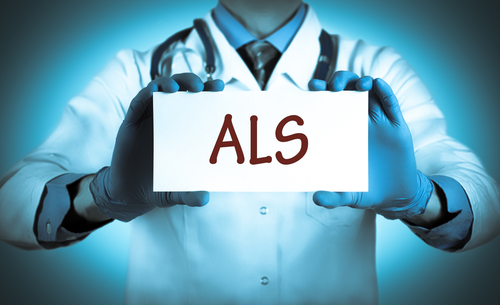Brainstorm Decides Not to Offer Investigational ALS Therapy NurOwn Under Right to Try Law

NurOwn, an amyotrophic lateral sclerosis (ALS) treatment candidate, will not be made available under the new Right to Try Act at this time due to a lack of funding alternatives for patients, BrainStorm Cell Therapeutics announced in a press release.
The company said it reached this decision after carefully evaluating the Right to Try (RTT) law, including its ethical, legal, and practical aspects, as well as receiving feedback from patients, clinicians, and regulatory, and legal experts.
Under the RTT legislation recently passed in the United States, patients can receive early access to potentially life-saving investigational therapies that are still in clinical trials and not yet commercially available.
Brainstorm established four key criteria that would allow access to NurOwn under RTT. They were: providing it to a reduced number of patients at experienced clinical trial sites to ensure the potential treatment is delivered safely and effectively; making sure patients are fully educated on NurOwn’s benefits and risks; limiting access to patients who do not meet inclusion criteria of the ongoing Phase 3 clinical trial (NCT03280056) so that the RTT pathway does not negatively impact the trial; and having funding strategies for patients who can’t afford regenerative medicine cell therapies, such as NurOwn.
While it was able to satisfy the first three elements, BrainStorm was unable to solve the funding issue, which the company says makes it unable to provide NurOwn under RTT for the time being.
“We feel a tremendous sense of urgency and responsibility to provide an ethical, compassionate, and well-reasoned practical response to the demand for NurOwn and have worked tirelessly with patients and other stakeholders to find a solution,” Chaim Lebovits, president and CEO of BrainStorm, said in the release. “As we were unable to identify a practical funding solution, we unfortunately are not in a position to initiate access to NurOwn under RTT at this time.”
In the meantime, the company is going to continue working to complete its Phase 3 clinical trial of NurOwn. The study is primarily evaluating the safety and effectiveness of repeated administrations of the therapy into the spinal canal, aiming to assess whether the therapy improves functional impairment in ALS.
Enrollment — for a planned total of about 200 patients — in the trial is currently ongoing in the U.S. For more information on study locations and contacts, click here.
NurOwn is a therapy based on the patients’ own mesenchymal stem cells (MSCs), which are able to generate various types of cells. The treatment, which can be injected into the muscle or the spinal canal, is intended to induce the development of cells that release neurotrophic factors, which promote nerve tissue growth and survival.
Recently, BrainStorm presented results of a Phase 2 trial (NCT02017912) showing that treatment with NurOwn led to increased levels of microRNAs, small non-coding RNAs that have been linked to ALS and proposed as biomarkers of disease development and progression.
In an interview with ALS News Today in December, Ralph Kern, MD, Brainstorm’s chief operating officer and chief medical officer, discussed the Phase 2 findings — including improvements on an ALS functional scale — as well as the current Phase 3 trial.
The passage of the national RTT law in the U.S. in late May has pleased rare disease patients, their families, and supporting organizations such as the Goldwater Institute. However, others, such as the National Organization for Rare Disorders, worry that it may weaken existing protections by the U.S. Food and Drug Administration to try unapproved therapies, while not addressing existing barriers to such treatments, such as their limited supply.
In a statement emailed to Bionews Services, publisher of this website, the ALS Association noted that while it supports initiatives to enable ALS patients to access treatment candidates as soon as possible, even before FDA approval, there is still a need to speed up development and approval of these therapies so that all patients can benefit.






